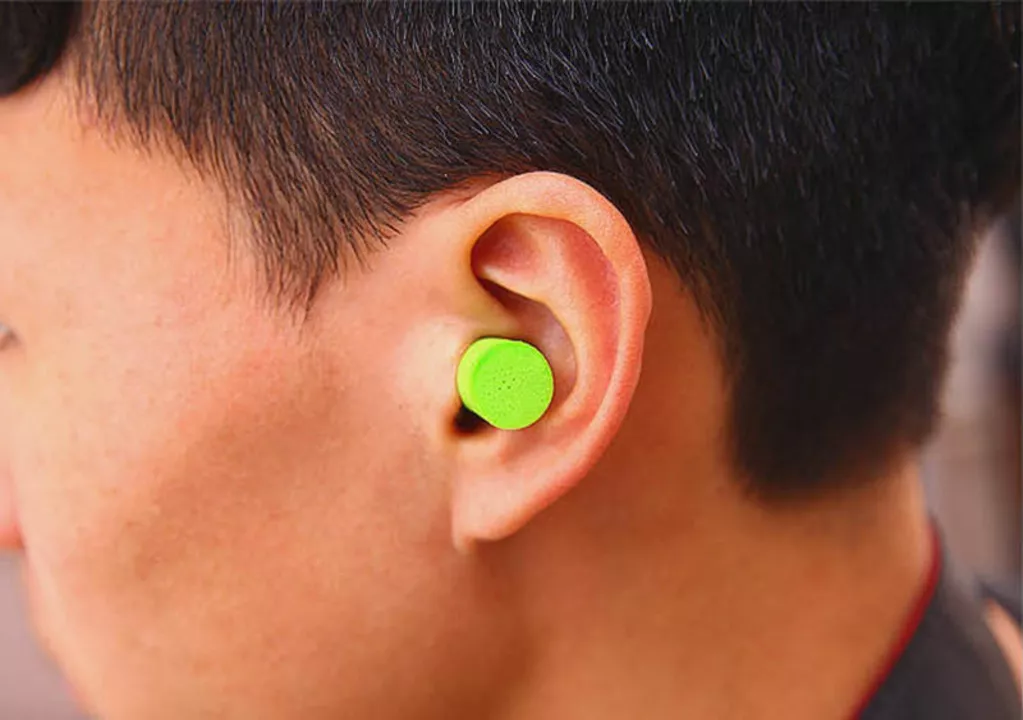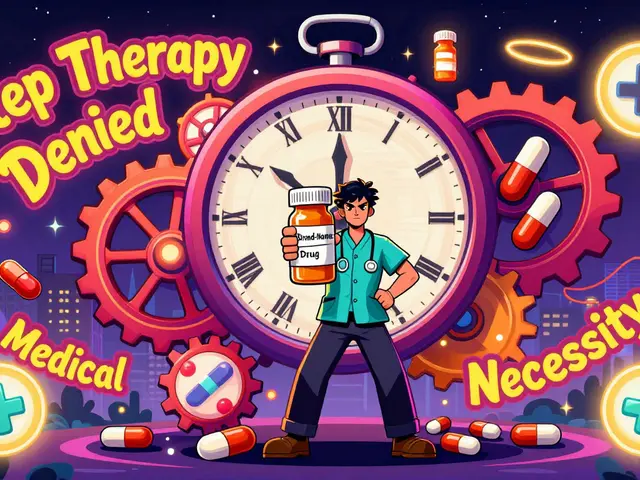Hearing Protection: Practical Tips to Keep Your Ears Safe
Noise damages hearing slowly. A single loud event can also harm it forever. If you work, travel, or enjoy loud hobbies, a few simple habits cut risk a lot. Below are clear, useful steps you can start using today.
First, understand noise levels. Sounds above 85 decibels (dB) can cause harm if you’re exposed for hours. Many concerts, power tools, and even some earbuds at full volume hit 100 dB or more. The louder the sound, the less time your ears can tolerate it. Use a phone app or a small sound meter to check noisy spots.
Simple rules that work
Follow three rules: lower volume, limit time, and add protection. Turn down music or use noise-limiting features on devices. If you can’t control volume, limit how long you’re exposed. For example, at 85 dB limit is about 8 hours; at 100 dB it’s 15 minutes.
When exposure is unavoidable, wear hearing protection. Foam earplugs are cheap, disposable, and effective if fitted right. Roll the plug, insert, hold while it expands. Reusable silicone plugs work well for swimming and noisy jobs. For steady loud noise, use earmuffs—often better when combined with earplugs for extra protection.
Choosing hearing protection for real life
Pick gear based on your activity. Musicians need filters that cut harmful lows but keep sound quality. Construction workers benefit from high-attenuation plugs or double protection. Motorcyclists should use earplugs that reduce wind roar but still let them hear traffic. Check the Noise Reduction Rating (NRR) on packaging and subtract realistically—NRR tells lab results, not real-world fit.
Fit matters more than brand. Poorly inserted plugs offer little protection. Practice inserting plugs at home until they seal. Clean reusable plugs and earmuff pads regularly. Replace foam plugs when dirty or worn. If you use custom molded plugs, see an audiologist for fitting and follow care advice.
Think beyond plugs. Active noise-canceling headphones lower background noise and let you listen at lower volume. Use apps that limit headphone volume or warn when you’re exposed to unsafe levels. For work, ask your employer for hearing protection and regular hearing checks—many workplaces must provide them.
Watch for warning signs. Ringing (tinnitus), muffled sounds, or difficulty following conversations after noisy events mean damage may be happening. If these show up, rest your ears, avoid loud places for days, and book a hearing test. Early detection helps manage further loss.
Protecting hearing is cheap compared to the cost of hearing aids or lost sound in your life. Small daily choices—turning down the volume, wearing plugs at events, and checking noise—keep your ears working longer. Want easy gear recommendations or tips for specific situations like concerts or sleeping? We have guides and product picks on this site to help you choose fast.
If you are around loud noise daily, get a baseline hearing test and repeat it yearly. Keep a log of noisy exposures and the protection used — that helps your clinician spot gradual changes early.
The Importance of Hearing Protection in Loud Environments
As a frequent concert-goer, I cannot stress enough the importance of hearing protection in loud environments. I've personally experienced the negative effects of not using earplugs, such as ringing in my ears and temporary hearing loss. I've learned that prolonged exposure to high-decibel sounds can lead to irreversible damage to our ears. Now, I always make sure to carry a pair of earplugs with me to protect my hearing in noisy settings. Remember, it's better to be safe than sorry when it comes to our hearing health!





